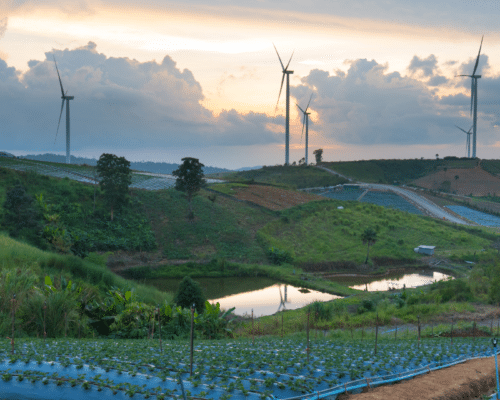Disadvantages of Non-renewable Energy Sources: A Global Challenge
Source: Daily Sabah
07 February 2024 – by Eric Koons Comments (2)
The disadvantages of non-renewable energy are becoming increasingly evident as the world grapples with environmental, economic and geopolitical challenges. Non-renewable energy sources, primarily fossil fuels like coal, oil, natural gas and uranium used for nuclear energy, are still the mainstay of global energy consumption. They account for over 80% of the world’s energy consumption.
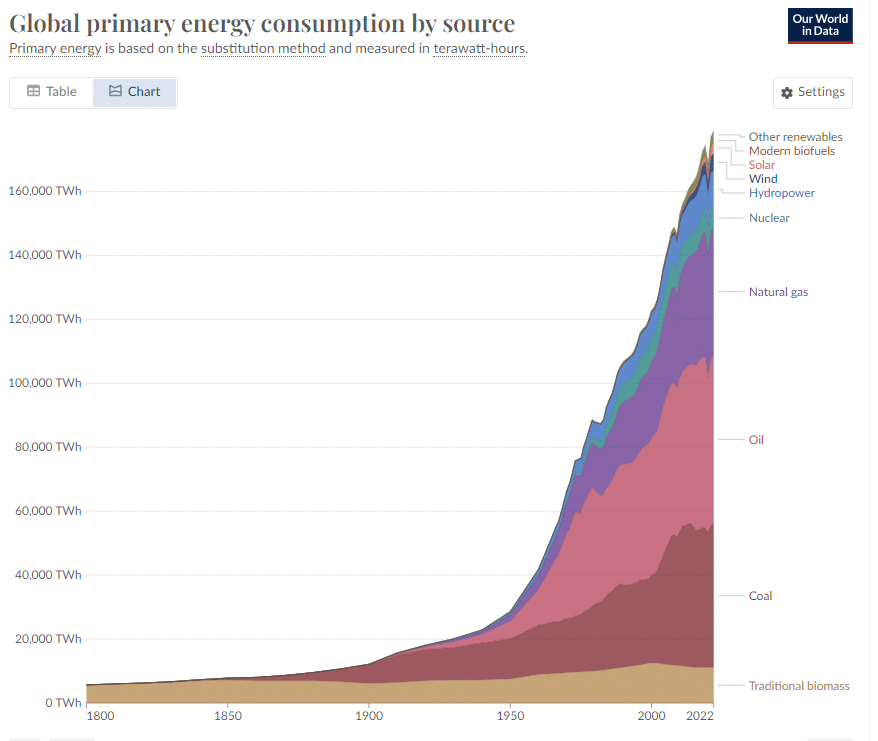
However, extensive use of non-renewable energy resources brings significant drawbacks that increasingly put pressure on the world’s energy systems. This over-reliance on non-renewable resources raises critical questions about sustainability and the equitable access to energy.
The Disadvantages and Negative Impact of Non-renewables
Here are some of the top negative impacts and disadvantages of non renewable energy sources:
1. Emissions Contribute to Global Warming
Fossil fuels are the largest source of anthropogenic greenhouse gases emissions, accounting for over 75% of global greenhouse gas emissions and 90% of carbon dioxide emissions. Since 1970, emissions have increased by 90%, and atmospheric carbon dioxide is 50% higher than before the Industrial Revolution.
This is the primary driver of global climate change, which is already impacting communities and economies around the world. For example, the European Union estimates that weather and climate-related losses topped EUR 650 billion (USD 704 billion) between 1980 and 2022, with 2021 and 2022 being the two highest years.
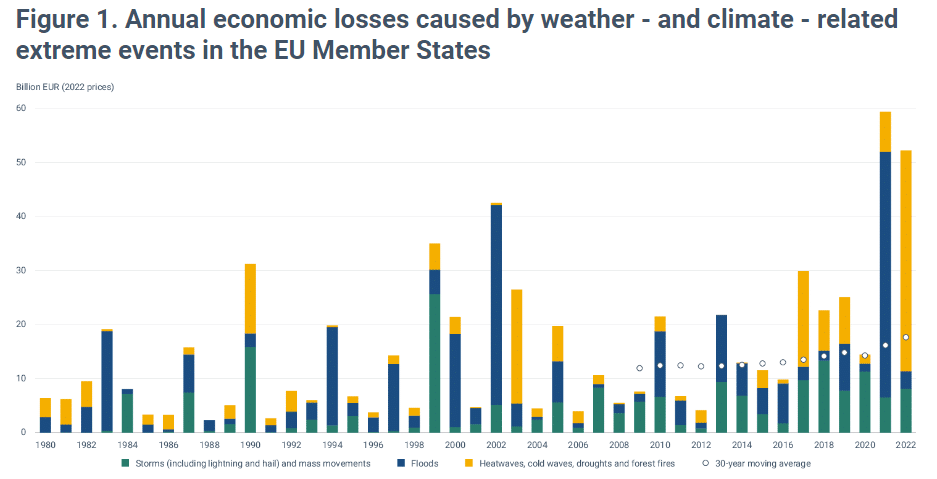
This mirrors a similar trend seen in direct human impact statistics. In 2022, 98 million more people were in a state of moderate or severe food insecurity compared to the 1981 to 2010 average. Extreme weather events, such as heat waves and floods, are the leading cause.
2. Unsustainable Production
The production of non-renewable energy sources is also a major disadvantage. The extraction of fossil fuels, especially coal mining and oil drilling, leads to extensive land degradation, habitat destruction and pollution.
However, this extends far beyond just areas where fossil fuels are actively extracted, with oil and gas transportation infrastructure spreading across the globe. As of 2020, it was estimated that there were 1.18 million km of active oil and gas pipelines – enough to go around the planet nearly 30 times. The development of these pipelines further degrades the environment, and they are prone to leaks and pose health risks for humans. In the US alone, an average of 76,000 barrels of oil have leaked from pipelines annually since 1986 – about 200 barrels per day.
Even beyond the pipelines, there is a vast shipping network that moves fossil fuels from production areas to refining facilities and where they are used. The global shipping industry accounts for 2.8% of global greenhouse gas emissions, exacerbating the carbon footprint of these energy sources.
3. Price Volatility
As with any commodity, fossil fuel prices rely on supply and demand, creating significant price volatility. Geopolitical events, changes in economic policies and market speculations influence this. For instance, the price of oil crashed in 2020 mainly due to the COVID-19 pandemic – an event that could not be predicted. In response, OPEC and other countries reduced production and held reserves, which caused oil prices to nearly double compared to pre-pandemic prices. This volatility drove up global prices for goods and forced countries reliant on fossil fuel imports to pay higher prices, hampering their economies.
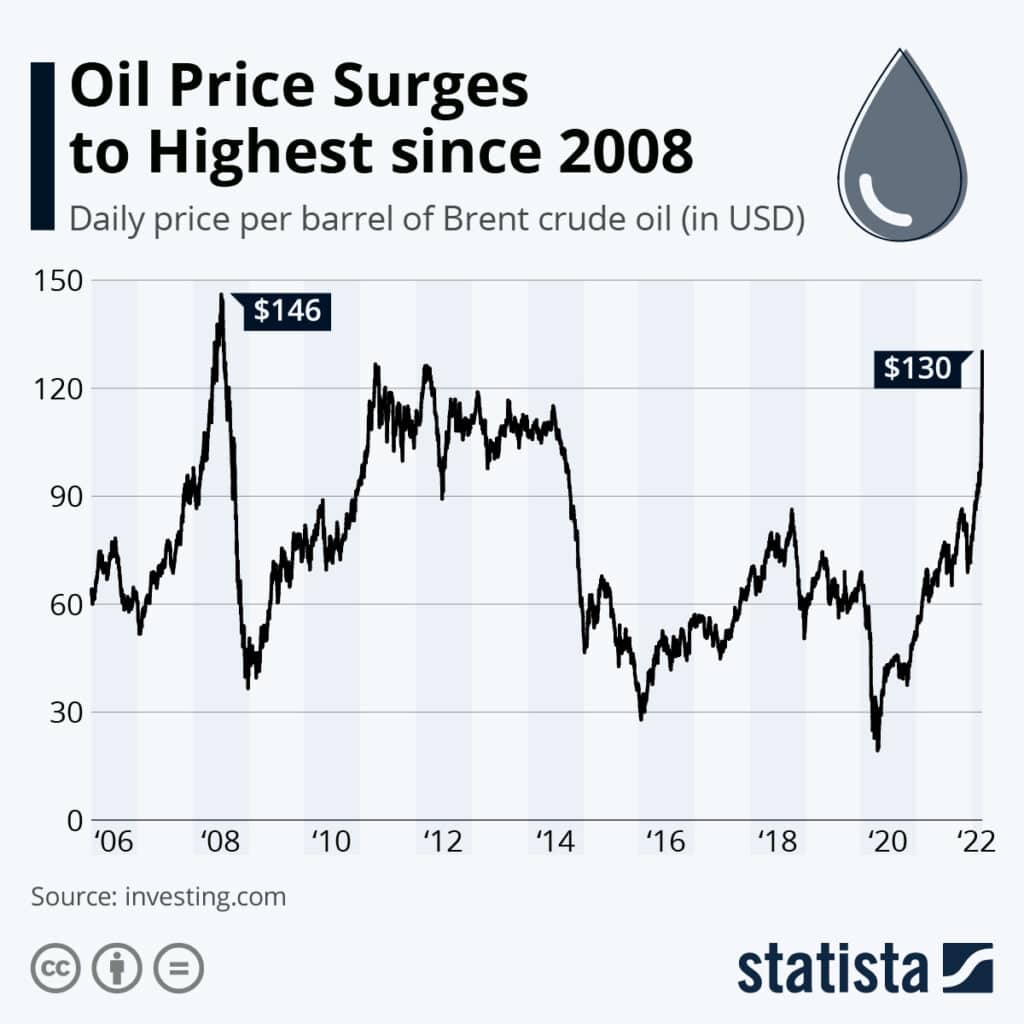
4. Geopolitical Reliance
The reliance of countries on fossil fuel imports has even more implications. Global politics are deeply intertwined with fossil fuel production and trade. Countries without domestic fossil fuel reserves are often at the mercy of exporting nations, leading to imbalances in energy security and economic dependencies. This reliance can also lead to geopolitical tensions and conflicts.
The Alternative of Fossil Fuels: Renewable Energy
Transitioning to renewable energy sources such as solar power, wind power and hydropower is a sustainable alternative to fossil fuels. These sources, especially solar and wind power, offer multiple benefits over traditional fossil fuels.
Benefits of Renewable Energy
In many ways, renewables overcome most of the primary disadvantages of non-renewable energy sources. They significantly reduce greenhouse gas emissions and can be produced on-site or in remote utility-scale facilities. They also allow for domestic production and are stable. Furthermore, different renewable options, or a combination of renewables, can be used based on a country’s location and its access to renewable energy resources. In summary, they are much more flexible and adaptable than fossil fuels.
This is why 200 nations have agreed to transition away from fossil fuels and triple renewable energy capacity by 2030.
The Urgent Need For a Renewable Future
However, even with these existing national commitments, the world is not on track to meet the Paris Climate Agreement’s target of net-zero by 2050.
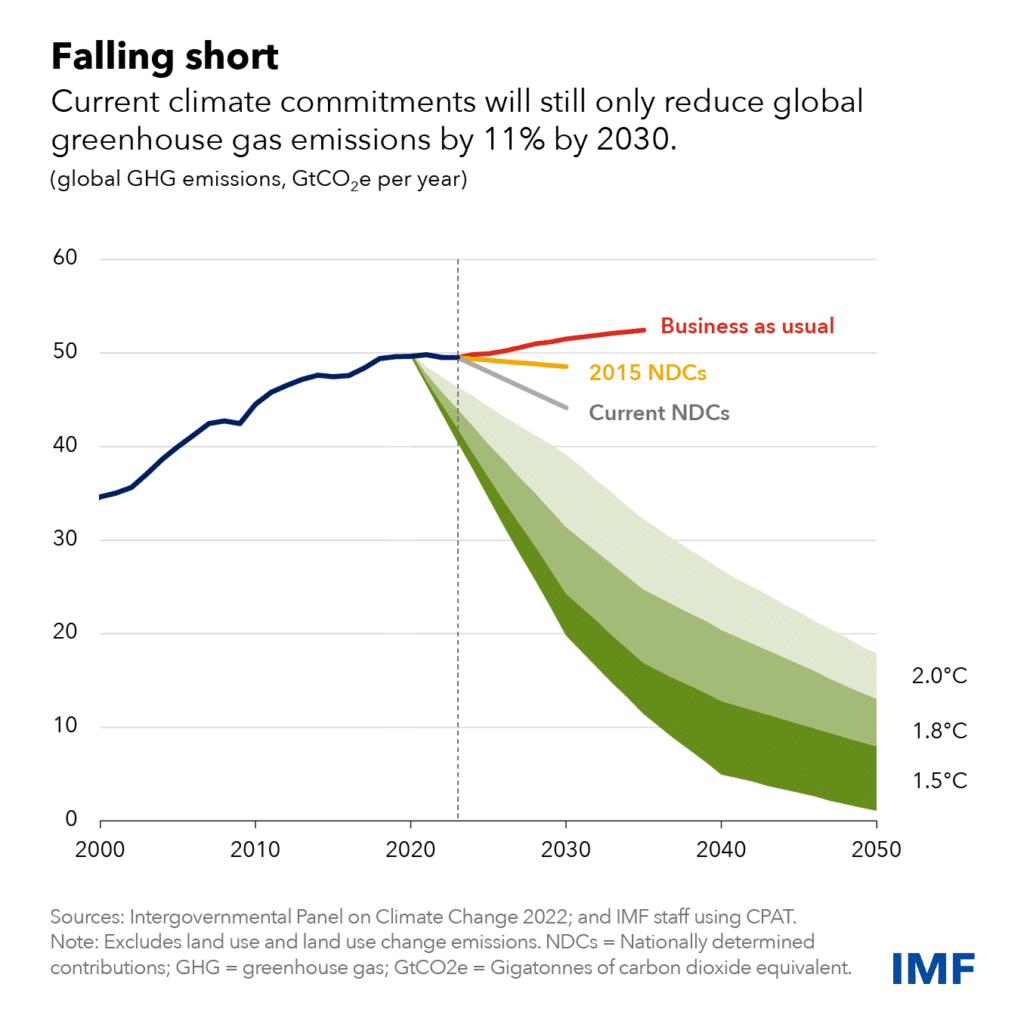
There is a critical need to drastically increase renewable energy capacity, with the International Energy Agency (IEA) stating that the world needs a 20-fold increase in solar PV capacity and an 11-fold increase in wind energy. This requires a tripling of annual renewable energy investment by 2030.
This needs to be tackled on several fronts. First, significant policy changes are necessary to facilitate renewable energy investment while also adding disincentives for using fossil fuels. Disincentives largely hinge on removing existing fossil fuel subsidies and implementing carbon taxes.
Additionally, increased global cooperation is critical to expedite low-carbon energy innovation and to standardise transparency and the comparability of energy projects. Finally, the developed world needs to significantly increase support for the developing world’s transition to renewable energy through financing and technology-sharing mechanisms.
by Eric Koons
Eric is a passionate environmental advocate that believes renewable energy is a key piece in meeting the world’s growing energy demands. He received an environmental science degree from the University of California and has worked to promote environmentally and socially sustainable practices since. Eric’s expertise extends across the environmental field, yet he maintains a strong focus on renewable energy. His work has been featured by leading environmental organizations, such as World Resources Institute and Hitachi ABB Power Grids.
Read more
